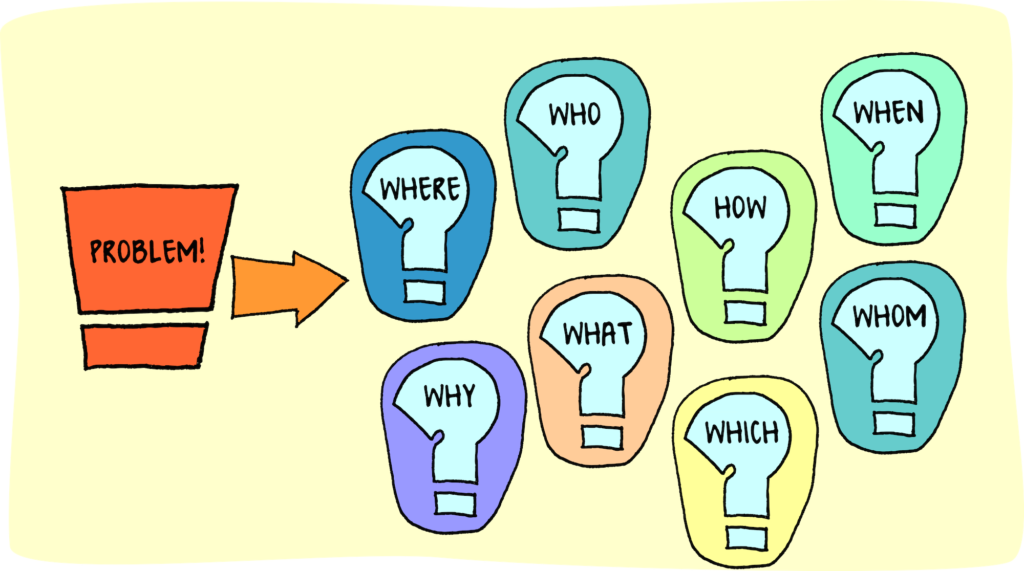Advanced Negotiation Techniques for Seasoned Professionals
Negotiation is a crucial skill in the professional world, and seasoned professionals understand that it goes beyond basic haggling. In this blog, we’ll delve into advanced negotiation techniques that can elevate your skills and help you navigate complex deals with finesse.
The Benefits of Good Negotiating Skills
Before we dive into the advanced techniques, let’s highlight the profound benefits of honing your negotiating skills. Effective negotiation skills can enhance your professional journey in various ways:
Career Advancement:
- Negotiating successfully can lead to career advancements by showcasing your ability to handle complex situations and make strategic decisions.
- Salary negotiations, in particular, can significantly impact your earning potential, contributing to long-term financial growth.
Building Stronger Relationships:
- Good negotiation skills foster positive relationships with colleagues, clients, and stakeholders.
- Establishing trust through effective communication and collaboration can open doors to future opportunities and collaborations.

Enhanced Problem-Solving Abilities:
- Negotiation is essentially a problem-solving process. Developing this skill enhances your ability to analyze situations, identify key issues, and find innovative solutions.
- These problem-solving skills are transferable to various aspects of your professional life.
Increased Confidence:
- Successfully navigating negotiations boosts your confidence. Knowing that you can handle challenging discussions empowers you in other areas of your work.
Strategic Decision-Making:
- Negotiations require strategic thinking and decision-making. Sharpening these skills can positively impact your overall approach to decision-making in your professional life.
Now, armed with an understanding of the benefits, let’s explore the advanced negotiation techniques that can contribute to your success.
The Power of Preparation
Negotiation success often hinges on the groundwork you lay before entering the room. Thorough preparation is key. Start by researching the other party, understanding their goals, and anticipating their objections. This not only gives you a strategic advantage but also boosts your confidence during the negotiation process.
Setting Clear Objectives
Clearly defined objectives act as your guiding compass during negotiations. Prioritize your goals and be realistic about what you can achieve. This clarity helps you stay focused and prevents you from getting sidetracked during discussions.

Establishing a Strong Relationship
Building a positive rapport with the other party is a critical aspect of successful negotiations. Begin by finding common ground and showing genuine interest in their perspective. A good relationship fosters open communication and increases the likelihood of finding mutually beneficial solutions.
Active Listening
Listening is a skill often underestimated in negotiations. Seasoned professionals know that it’s not just about waiting for your turn to speak but truly understanding the other party’s concerns. Practice active listening by paraphrasing and confirming your understanding, creating a conducive atmosphere for constructive dialogue.
Non-Verbal Communication
Your body language speaks volumes in negotiations. Maintain eye contact, use open gestures and project confidence. Subtle cues can influence the perception of your commitment and determination, contributing to the overall success of the negotiation.
Strategic Use of Silence
Silence is a powerful tool in negotiations. Allow moments of silence after making a proposal to create a sense of anticipation. This can prompt the other party to reveal valuable information or make concessions. Mastering the art of silence requires patience and discipline.

Flexibility and Adaptability
While clear objectives are crucial, being flexible is equally important. Unexpected twists and turns are inevitable in negotiations, and seasoned professionals know how to adapt without compromising their core goals. Embrace change, and be ready to explore alternative solutions that still align with your objectives.
Creating Win-Win Scenarios
The best negotiations result in outcomes where both parties feel they’ve gained something valuable. Aim for win-win scenarios by identifying shared interests and finding creative solutions that meet the needs of all involved. This approach not only strengthens relationships but also sets the stage for future collaborations.
Handling Difficult Situations
Negotiations aren’t always smooth sailing. Seasoned professionals are adept at navigating through difficult situations, whether it’s dealing with aggressive tactics or facing unexpected challenges. Stay calm, maintain professionalism, and find constructive ways to address and resolve conflicts.
Leveraging Time as a Strategic Asset
Time can be a powerful ally in negotiations. Use it strategically to your advantage. Create a sense of urgency when needed, but also be patient when the situation calls for it. Understanding the dynamics of time can influence the decision-making process and tip negotiations in your favor.

Post-Negotiation Relationship Building
Negotiations don’t end when the deal is signed. Seasoned professionals recognize the importance of post-negotiation relationship building. Express appreciation, follow up on commitments, and stay engaged. Building a positive post-negotiation relationship sets the stage for future collaborations and strengthens your professional network.
Mastering advanced negotiation techniques is an ongoing process that requires a combination of preparation, communication skills, and adaptability. By incorporating these strategies into your approach, you can navigate negotiations with confidence and achieve successful outcomes.
Remember, negotiation is not just about getting what you want; it’s about creating lasting, mutually beneficial partnerships in the professional landscape.





